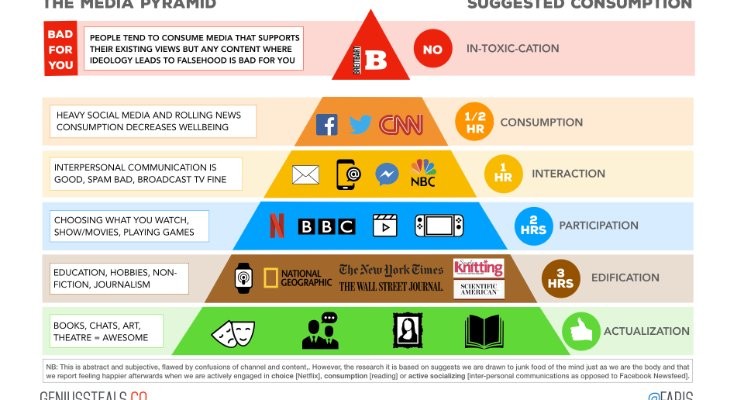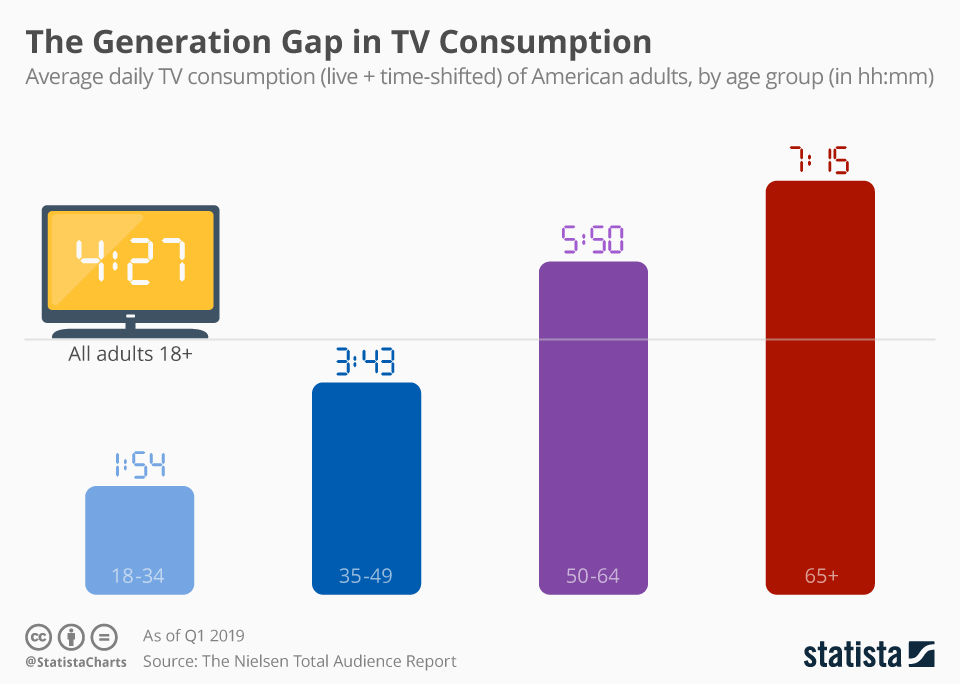Episode 23: Managing Media with an Eye Toward Sustainability
This week’s focus is the impact of media on your personal productivity. Media is a component of the Environmental Surroundings dimension along with clutter. Basically all the inputs that are physically and virtually in your environment – news, movies, books, TV, podcasts, social media, and magazines that you take in on a daily basis. Learn from Jose Ortega y Gassett: “Tell me to what you pay attention and I will tell you who you are.”
Ignoring media altogether is not sustainable – there are productivity gains to be had from its consumption. But you need to understand what is coming in and what it is doing to your productivity in the long run.
Here is what you can expect in this episode:
- Learn what science shows is the impact of media in your body at a cellular level.
- Recommended ceilings of time to consume on various types of media – think Food Guide Pyramid of media.
- Practical suggestions to make media work for you, not against you.
The Media Pyramid as described in the episode. Read the full article by Faris Yakob at this link.

Listen at the link below or search for “Sustainable Productivity with Susan Sanders” everywhere podcasts are available.
Links to Learn More
Links mentioned in this episode of the Sustainable Productivity podcast:
- Sign up for episode emails, weekly essays, and links so you never miss a thing!
- Read more on the psychological impact of negative TV news at this link
- Here is a link to the article about depression and social media use
- Revisit what cortisol does to your body in Episode 1: Stress, Evolution, and Burnout by clicking here
- Get your copy of the Sustainable You time tracker here

We would love to hear from you. Send your feedback on the episode, suggestions for future show topics or guests, and anything else to Susan@SustainableSue.com or in a DM on Instagram.

